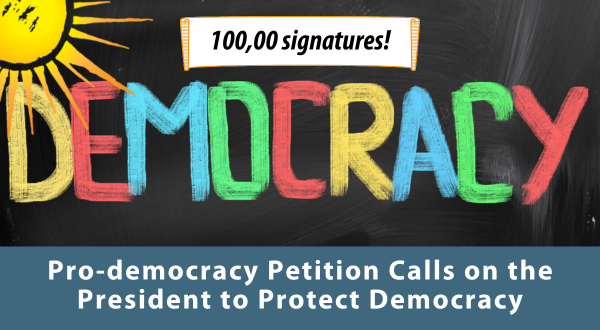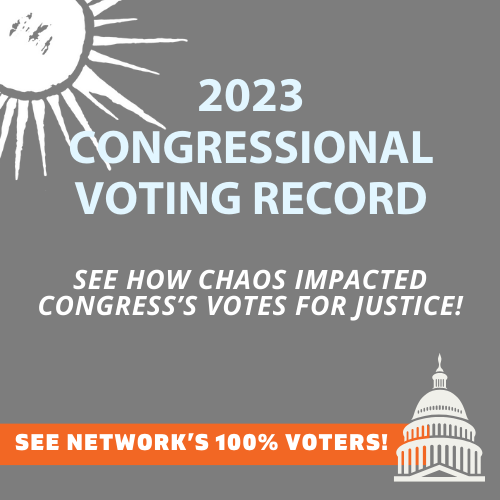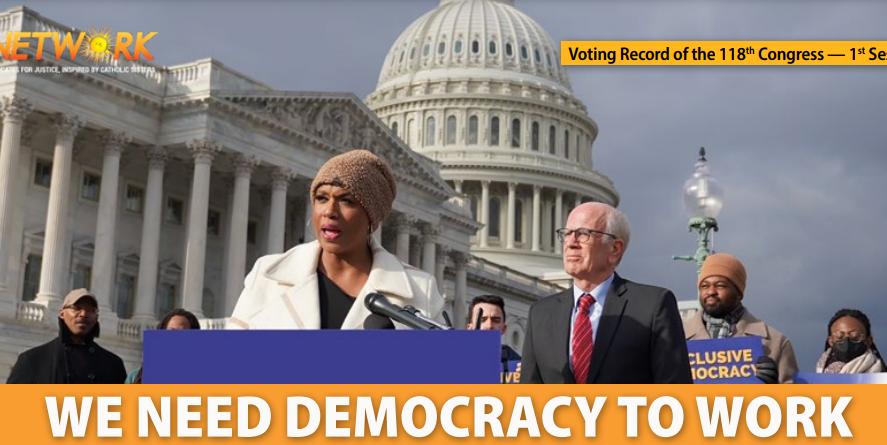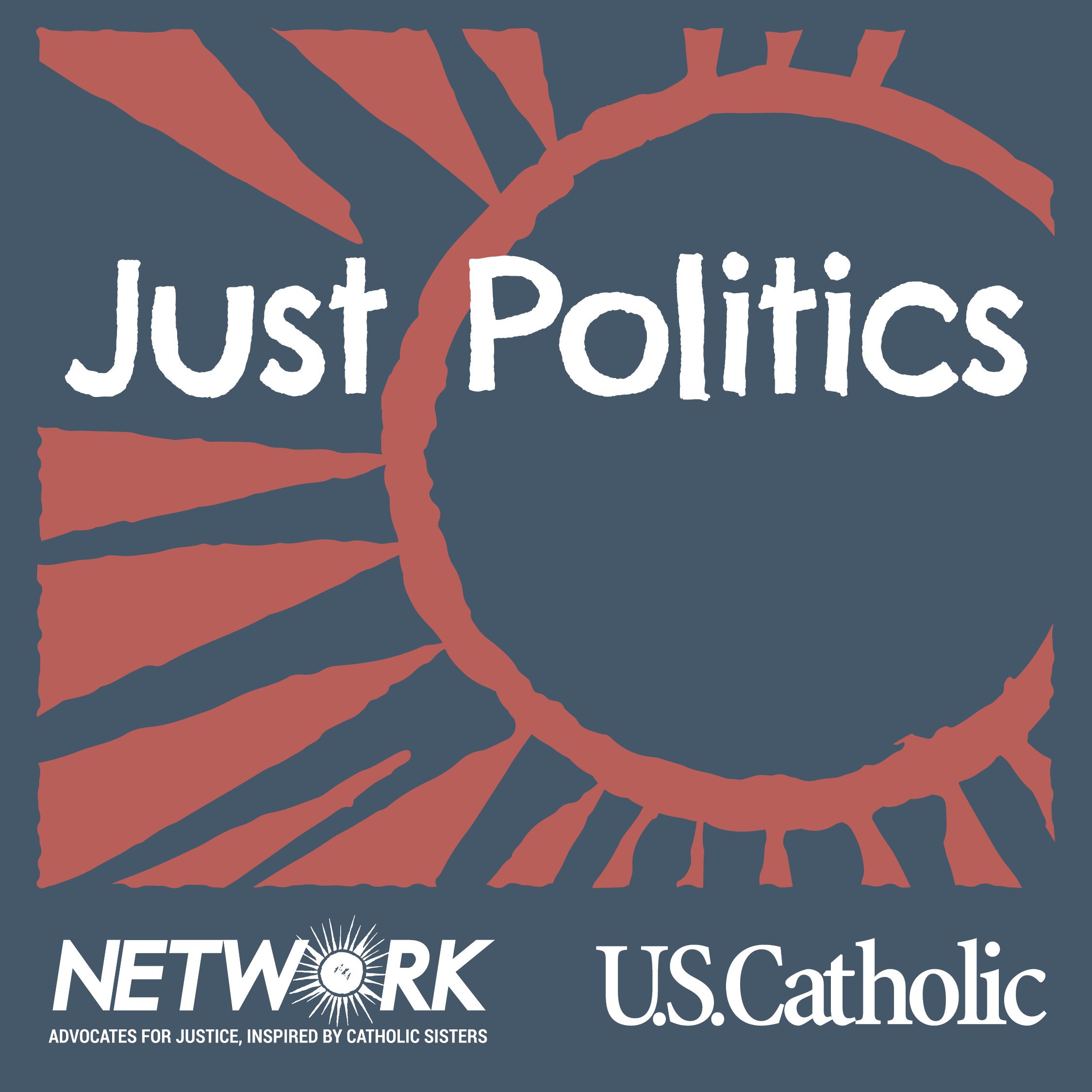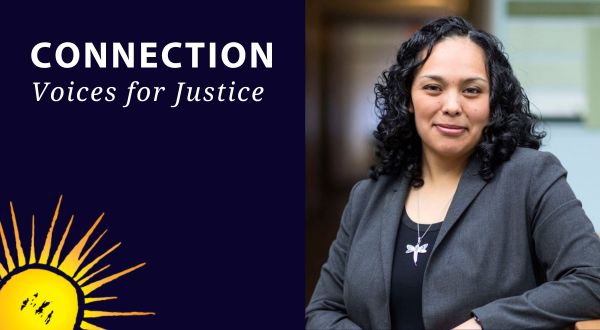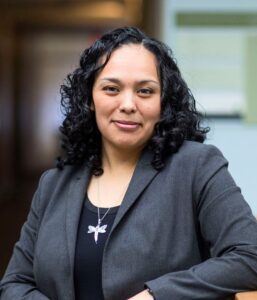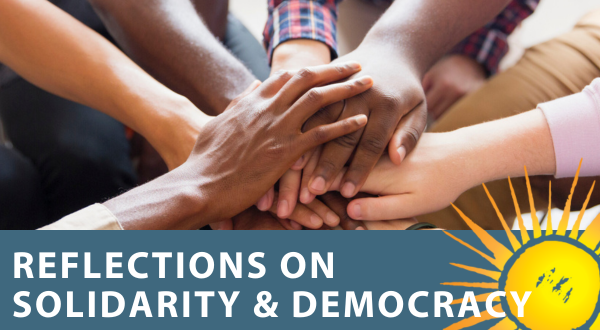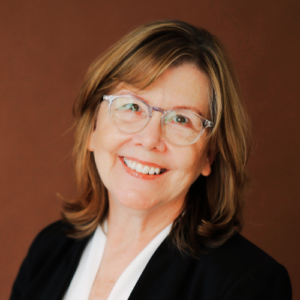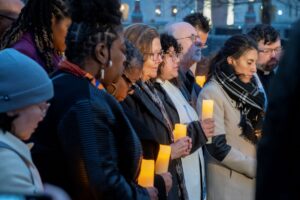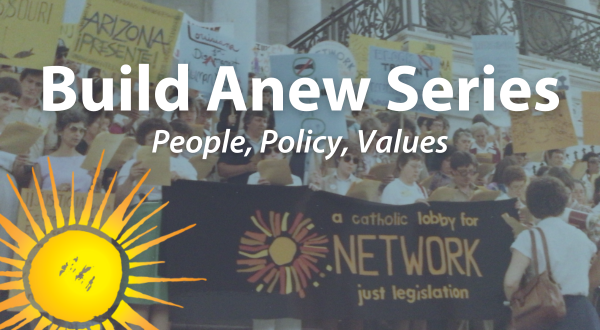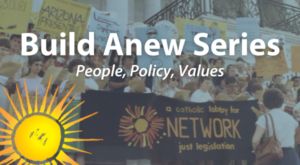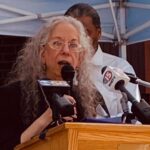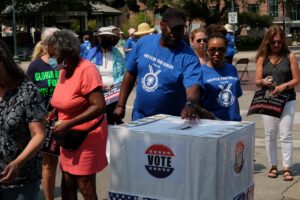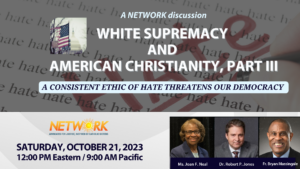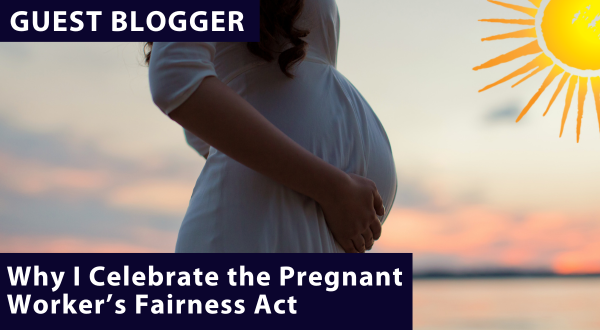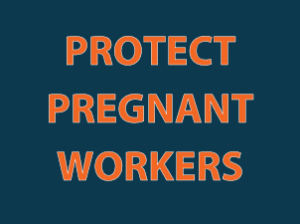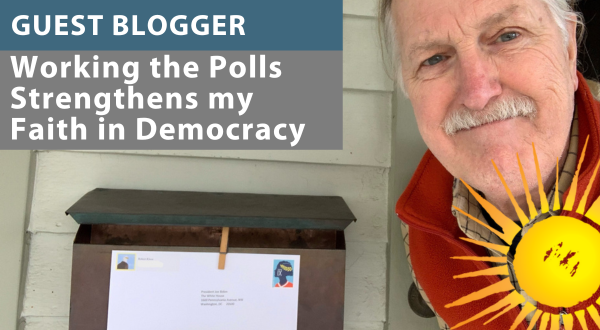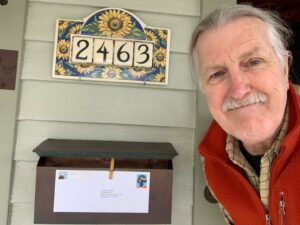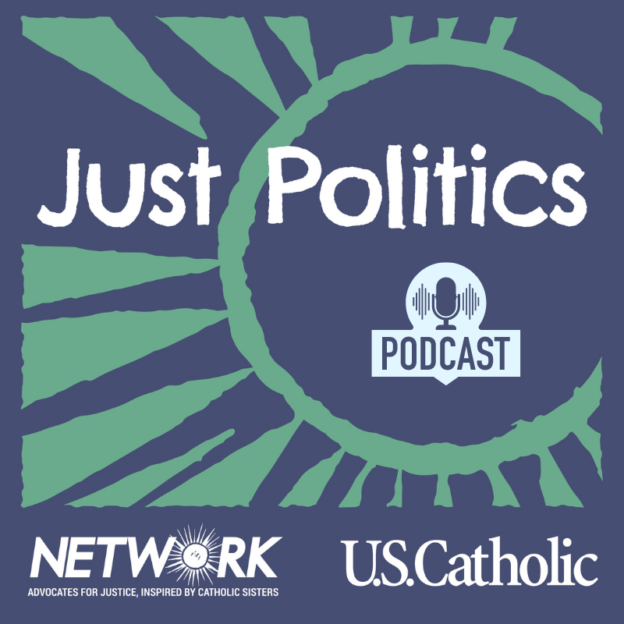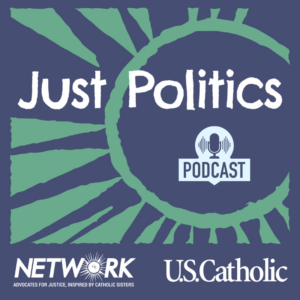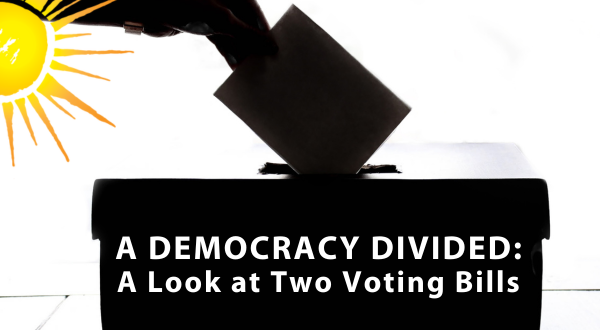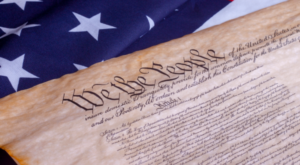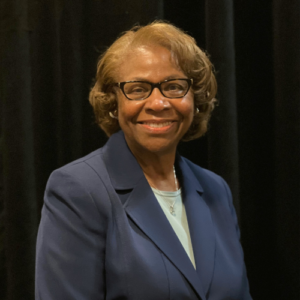
NETWORK and Democracy Partners Urge President Biden to Protect Democracy
Min. Christian Watkins
February 2, 2024
No matter our color, background, or zip code, in America we value our freedoms. The freedom to have a say in decisions that impact our lives — from supporting policy that protects our common home, to making health care affordable, and to voting in elections — is integral to our democracy. But some elected leaders, and their wealthy donors, don’t see a democracy for all, just for some. They deny the global climate crisis, oppose affordable medical care for all, and support anti-voter bills in states and voter suppression in state and federal elections. We know that in God’s beloved community, all people have dignity, all people must thrive regardless of income, skin color, or faith identity. Friends, the 2024 election presents a turning point for our nation. Will we choose a democracy that works for all of us, or give away our freedoms?
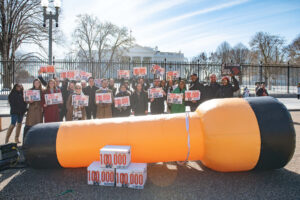
Advocates urge President Biden to take action to protect democracy outside the White House on Monday, January 22, 2024. (Photo: Joy Asico-Smith/Public Citizen)
Yes, it is the responsibility of Congress and the President to create national standards to ensure that we can safely and freely cast our ballots, trust local election officials to count every vote, and prevent partisan politics from sabotaging election results. But we, the voters, must make sure they do their job. We must protect our democracy by electing leaders who commit to preserve it; and we must rise up to safeguard democracy when it is under attack. Just as we have worked throughout U.S. history for our freedom to vote, we will come together to protect it–to ensure Americans are able to cast votes and have them counted.
NETWORK is committed to a thriving democracy. At a recent pro-democracy gathering convened by the Declaration for American Democracy (DFAD), a democracy coalition that NETWORK is part of, I represented staff, Sisters, and supporters as 100,000 petitions were presented to the White House urging President Biden to pass transformative democracy reforms–the Freedom to Vote Act and the John R. Lewis Voting Rights Advancement Act–and urged the President to sign more executive actions to strengthen democracy. Our group, which represents justice-seekers across the country, also asked President Biden to support efforts in Congress to overturn Citizens United, a fourteen year-old Supreme Court decision that has compromised the integrity of our elections. According to the Brennan Center for Justice, “While wealthy donors, corporations, and special interest groups have long had an outsized influence in elections, that sway has dramatically expanded since the Citizens United decision, with negative repercussions for American democracy and the fight against political corruption.”
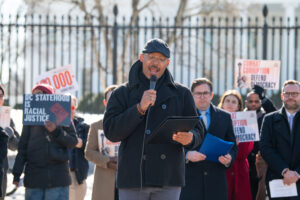 The DFAD coalition also called on President Biden to take substantive action that will safeguard our democracy, like creating a White House office to focus on policies to strengthen democratic systems and civic participation; and to work with the Department of Justice, Federal Election Commission, and other agencies to expose and crack down on dark money in elections.
The DFAD coalition also called on President Biden to take substantive action that will safeguard our democracy, like creating a White House office to focus on policies to strengthen democratic systems and civic participation; and to work with the Department of Justice, Federal Election Commission, and other agencies to expose and crack down on dark money in elections.
As part of my remarks I shared, “We must face facts: our American democracy is under threat. And for the past several years, extremist legislators across our country have been sabotaging valid election results and passing laws to make it harder to vote. The burdens of those actions fall hardest on Black, Latino, and other voters of color.”
It is going to take all people of good will to not only hold the line, but to preserve and grow our democracy. We CAN do it together. We have done it before, our history proves it. Are you all in, for all of us?”







